Assessments
Therapy
Intervention

Diagnostic Assessment
A Psychiatric diagnostic interview examination includes a history; mental status exam; evaluation and assessment of physiological phenomena (including co-morbidity between behavioral and physical health care issues); psychiatric diagnostic evaluation (including assessing for co-occurring disorders and the development of a differential diagnosis); screening and/or assessment of any withdrawal symptoms for clients with substance-related diagnoses; assessment of the appropriateness of initiating or continuing services; and a disposition. These are completed by face-to-face evaluation of the consumer (which may include the use of telemedicine) and may include communication with family and other sources and the ordering and medical interpretation of laboratory or other medical diagnostic studies.
Behavioral Health Assessment
The Regeneration Project’s Behavioral Health Assessment process consists of a face-to-face comprehensive clinical assessment with the individual, which must include the youth’s perspective as a full partner and should include family/responsible caregiver(s) and others significant in the youth’s life as well as collateral agencies/treatment providers. The purpose of the Behavioral Health Assessment process is to gather all information needed in to determine the youth’s problems, symptoms, strengths, needs, abilities, resources, and preferences, to develop a social (extent of natural supports and community integration) and medical history, to determine functional level and degree of ability versus disability, if necessary, to assess trauma history and status, and to engage with collateral contacts for other assessment information. An age-sensitive suicide risk assessment shall also be completed. The information gathered should support the determination of a differential diagnosis and assist in screening for/ruling-out potential co-occurring disorders.
Subscribe

